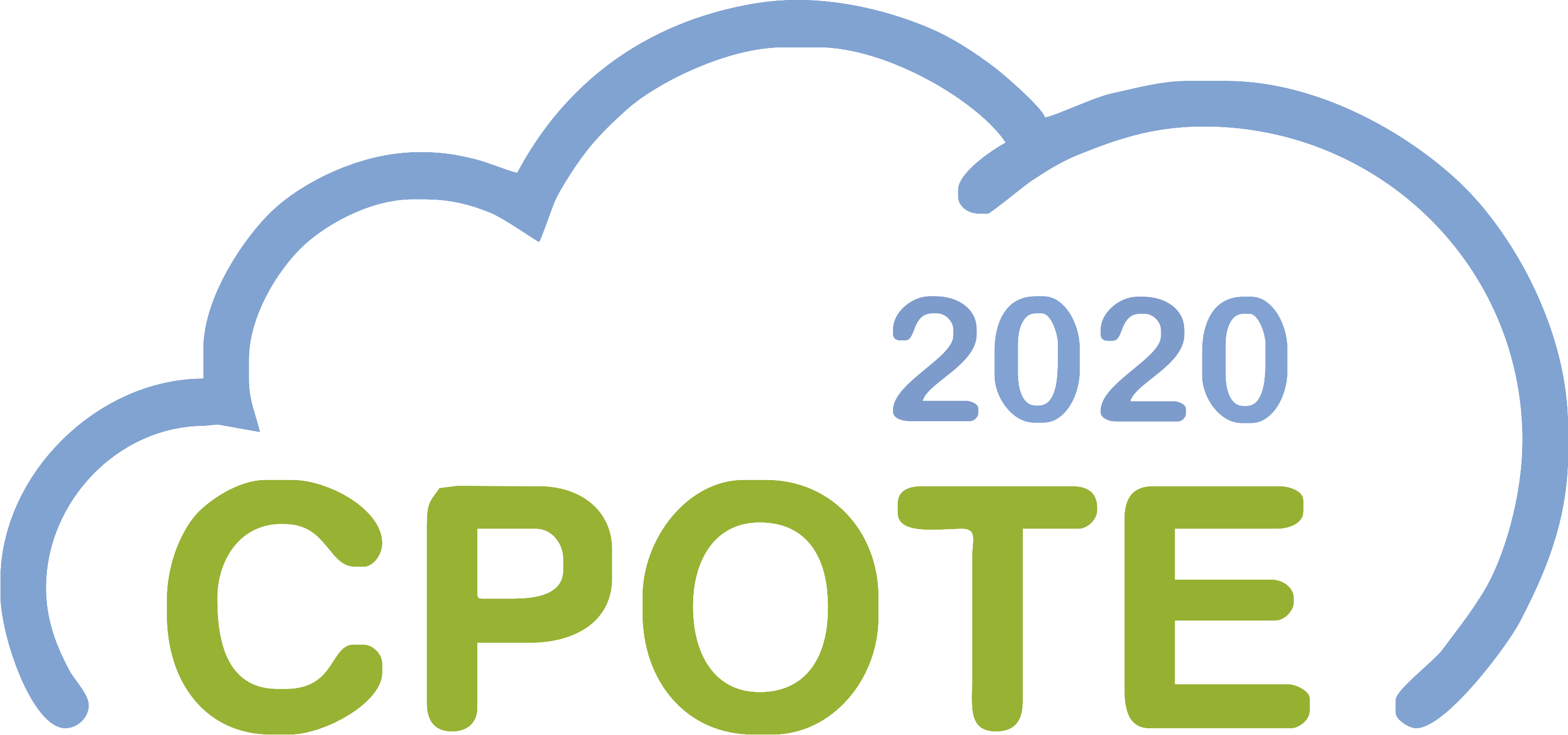
CPOTE2020
6th International Conference on
Contemporary Problems of Thermal Engineering
Online | 21-24 September 2020
6th International Conference on
Contemporary Problems of Thermal Engineering
Online | 21-24 September 2020
Abstract CPOTE2020-1109-A
Book of abstracts draft












Influence of the wet torrefaction treatment on the organic fraction of municipal solid waste digestate
Christian ARAGON-BRICEÑO, University of Twente, NetherlandsArtur POŻARLIK, University of Twente, Netherlands
Eddy BRAMER, University of Twente; Postbus, Netherlands
Gerrit BREM, University of Twente, Netherlands
Shule WANG, KTH Royal Institute of Technology, Sweden
Weihong YANG, KTH Royal Institute of Technology, Sweden
Halina PAWLAK-KRUCZEK, Wrocław University of Science and Technology, Poland
Łukasz NIEDŹWIECKI, Wroclaw University of Science and Technology, Poland
Krzysztof MOŚCICKI, Wroclaw University of Science and Technology, Poland
Michał PŁOSZCZYCA, Wroclaw University of Science and Technology, Poland
Anaerobic digestion is an efficient way of using wet fraction of municipal solid waste (MSW) for energy purposes as it can produce biogas, which in turn could be used for combined generation of power and heat or as a transportation fuel, after purifying to biomethane and compression. However, a digestate left after anaerobic digestion of the wet fraction of MSW is still considered and a waste and is a subject of strict regulations. Relatively high moisture content of the digestate, after application of mechanical dewatering is still significant and makes it unsuitable for incineration with other fractions of waste, unless significant amount of heat is used for drying. Due to these reasons current practice involves landfilling of the digestate, which introduces additional cost due to space requirements and size limitations of landfills. Wet torrefaction, also known as hydrothermal carbonization (HTC) is a process that can potentially offer great benefits by improved mechanical dewatering and valorisation of the digestate into a better quality solid fuel. This study presents results of the experimental investigation on HTC of the digestate after anaerobic digestion of wet fraction of MSW in order to reach satisfactory parameters of the valorised solid fuel with minimizing the energy losses and the overall size of the rector for industrial scale process. Different process conditions as temperature (180,200 and 230°C) and residence time (30, 60 and 120min) were tested. In addition, a full mass and energy balance was carried out for different the process conditions to determine the optimum set. Results showed a reduction of solids content after the HTC of ≈17% and pH’s ≈8. Moreover, after the thermal treatment, there was lost in the mass fraction of ≈1.5% and an increase in the volume of the sample of ≈5%.
Keywords: Hydrothermal carbonization, Dewatering, Anaerobic digestion, Municipal solid waste (MSW), Hydrochar
Acknowledgment: The authors would like to thank the European Commission, the National Centre for Research and Development, Poland (nr WATERWORKS2017/I/RECOWATDIG/01/2019), Nederlandse Organisatie Voor Wetenschappelijk Onderzoek, Netherlands and Swedish Research Council Formas for funding in the frame of the collaborative international consortium (RECOWATDIG) financed under the 2018 Joint call of the WaterWorks2017 ERA-NET Cofund. This ERA-NET is an integral part of the activities developed by the Water JPI.